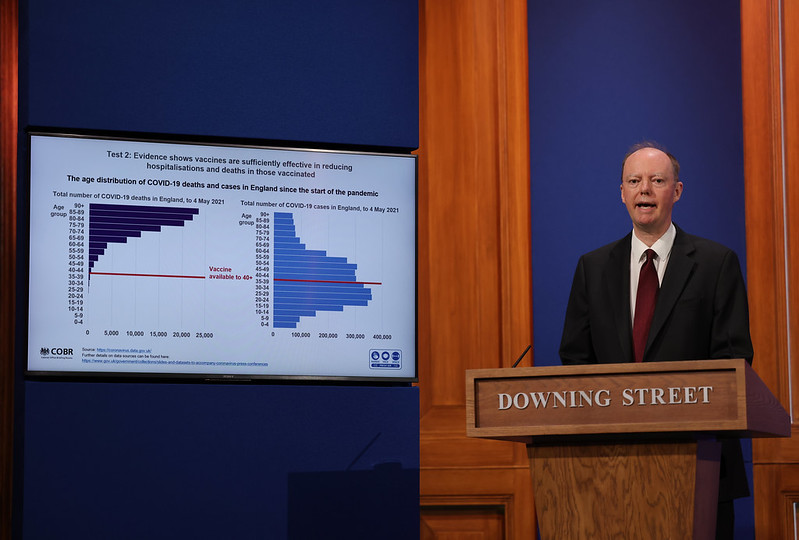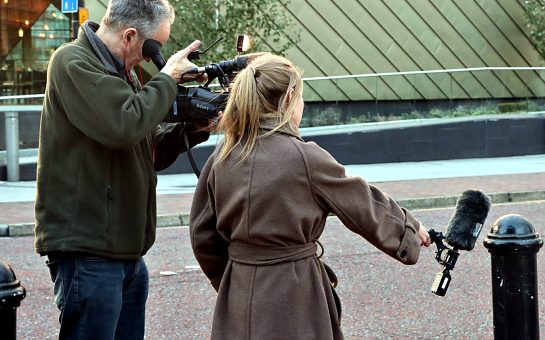In a democratic, modern society, it is essential we scrutinise decision makers and hold those in power to account, exemplified by the resignation of Boris Johnson over the Partygate scandal.
But in recent years a worrying trend has emerged in which society will scold and punish anyone in the public eye who speaks out against the status quo.
This cultural trend was put under the microscope after Professor Sir Chris Whitty gave evidence in the ongoing Covid Inquiry on 22 June.
During the pandemic, he was physically assaulted on the basis that an individual didn’t agree with the lockdown guidance that he was giving.
The horrifying aspect of this attack was this was an expert in his field, someone employed to give scientific advice due to his outstanding knowledge on the issue at hand.
At the inquiry, Whitty called it “extremely concerning” that experts are being threatened, or in his case actually physically harmed – as the scientific community will naturally refrain from giving this key information.
Now that’s a problem. A big problem.
Whitty’s knowledge on infectious diseases is far superior compared to that of the general public, so whether in agreement or not, we must listen.
But how has it come to this?
The short answer – social media, in particular Twitter, which has given anyone and everyone a platform to speak their mind.
Five minutes of browsing online, reading like-minded comments and interacting with like-minded people can create a know-it-all ‘expert’ on the day’s pressing issue.
Aside from that, the crux of the matter stems from countless years of abuse of power.
The MPs’ expenses scandal, the Jimmy Saville case, more recently the Metropolitan Police and Partygate to name a few – has generated deep rooted mistrust of authority by society.
These breaches of trust have created resentment, taking shape as extreme public reactions to any controversy with immediate calls to cancel a public figure or organisation.
And whether justified or not – we can’t let this cloud our judgement.
Cancel culture may be here to stay, but we can’t cancel Whitty who represents science, evidence and fact.
During the Brexit Referendum campaign, MP Michael Gove remarked: “People in this country have had enough of experts.”
The attack on Whitty is concerning, confirming there are people who still hold this view.
Tough, I say, because although we are right to be sceptical, sometimes experts know best.
Image: Chief Medical Officer Professor Chris Whitty at a Covid press briefing on 10 May 2020. Image by Number 10 via Flickr (CC BY 2.0)




